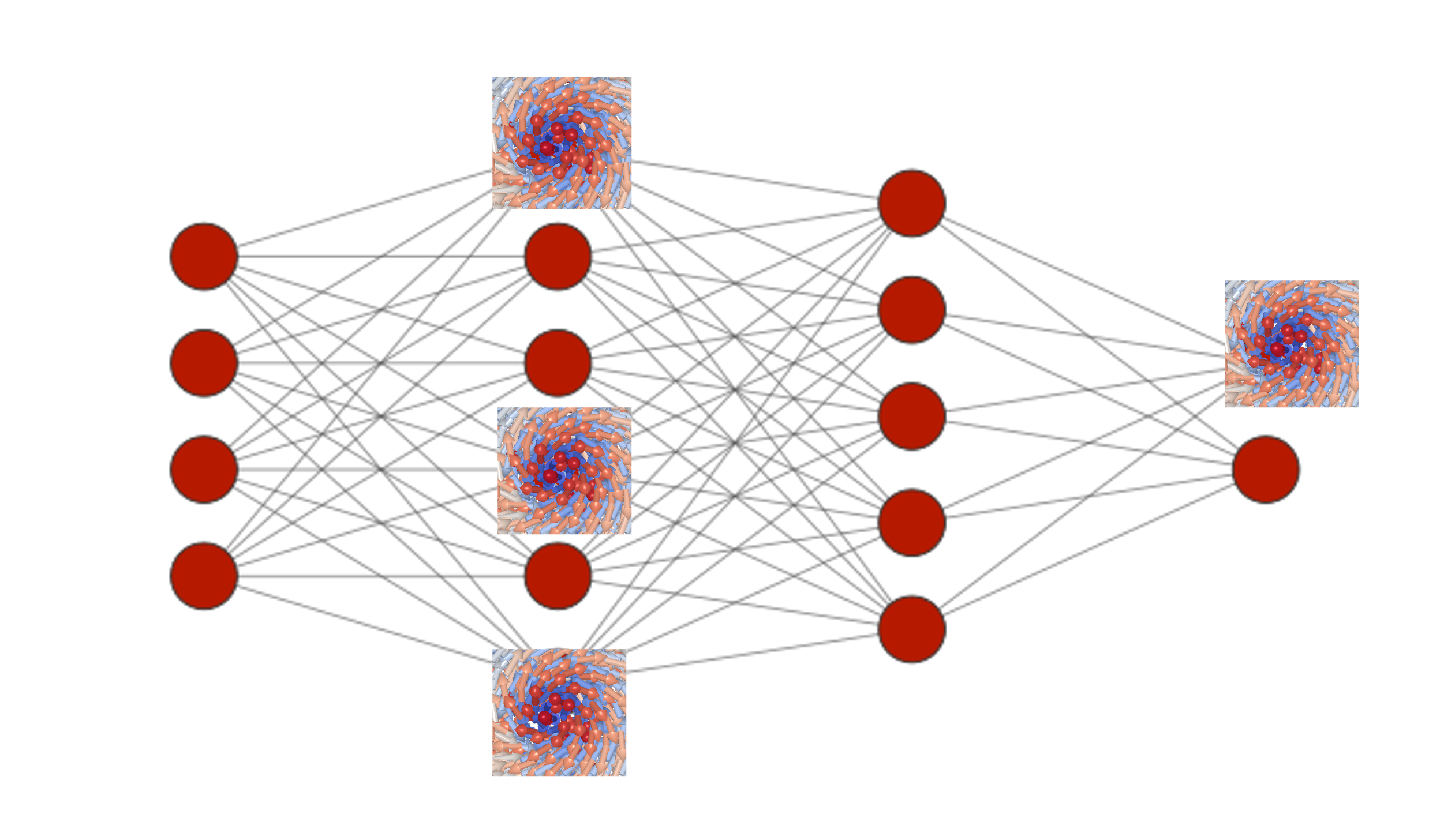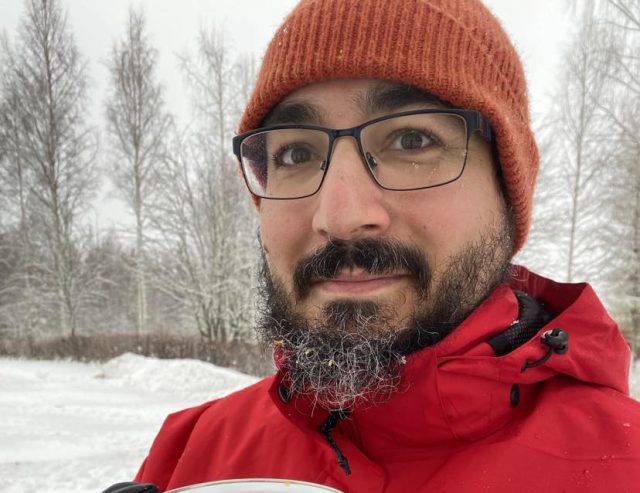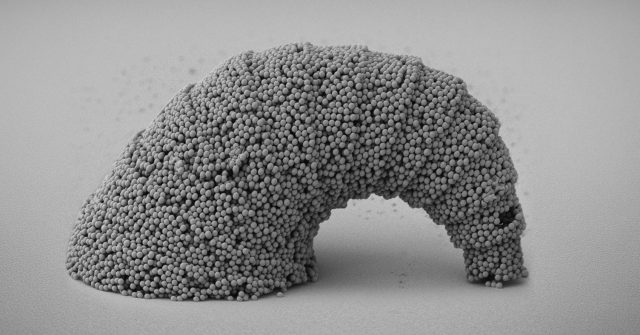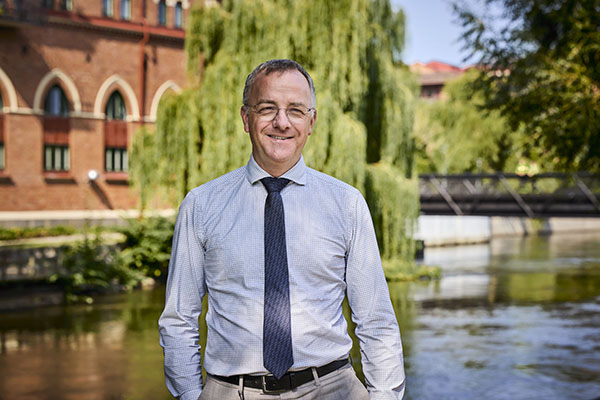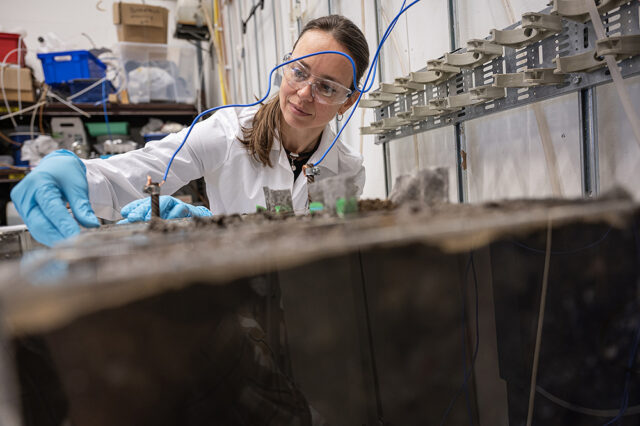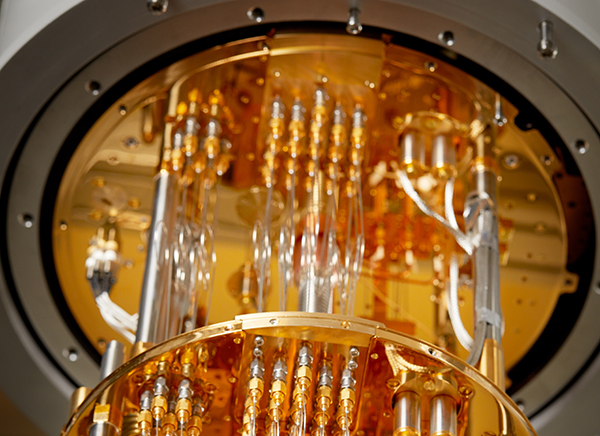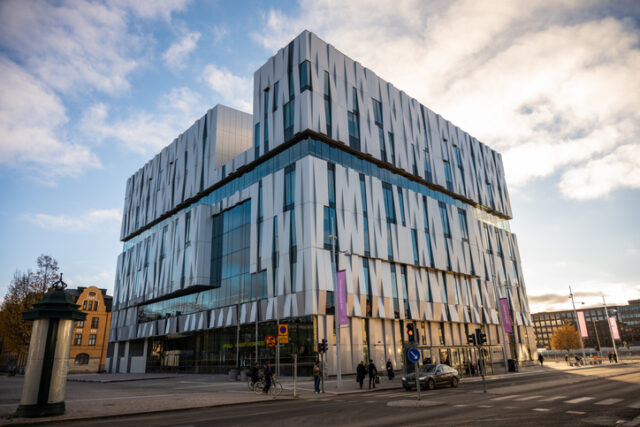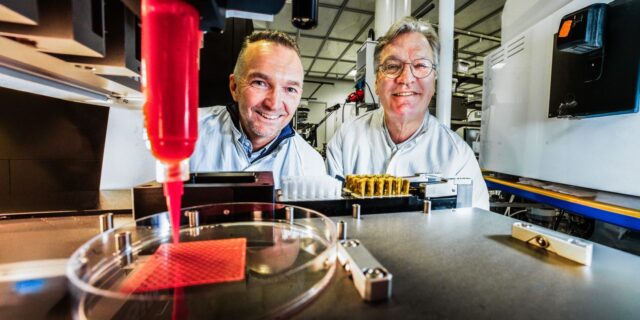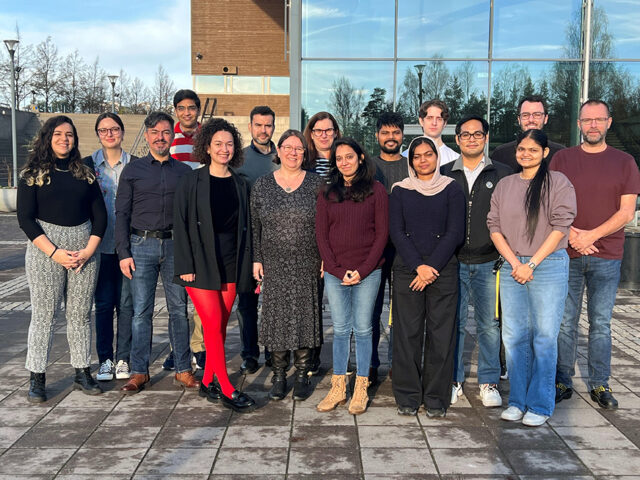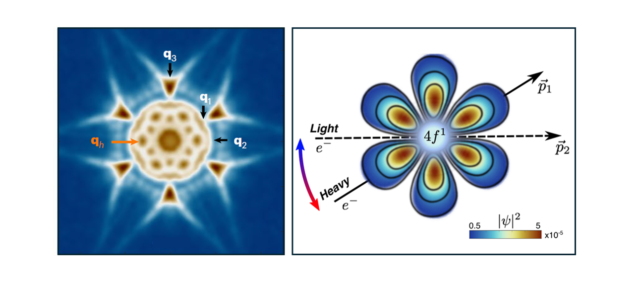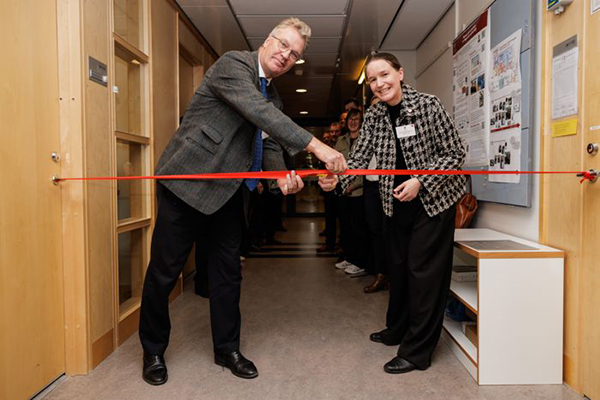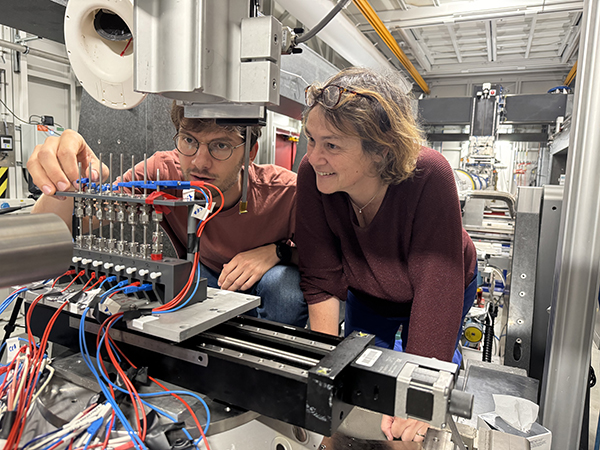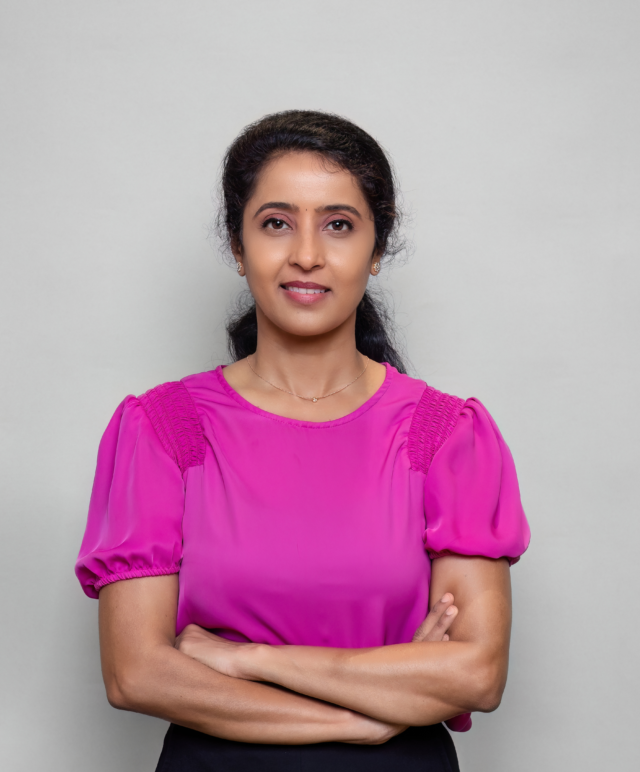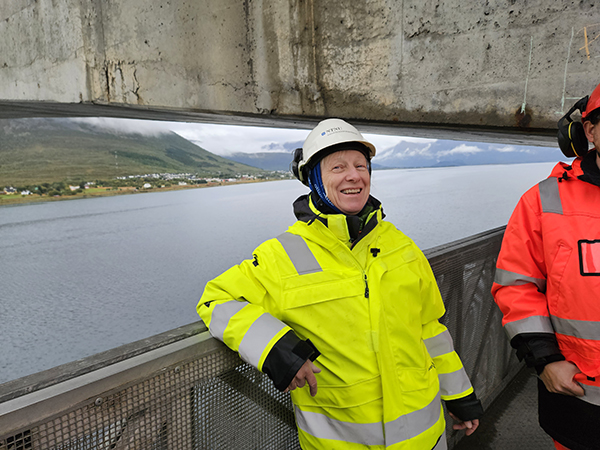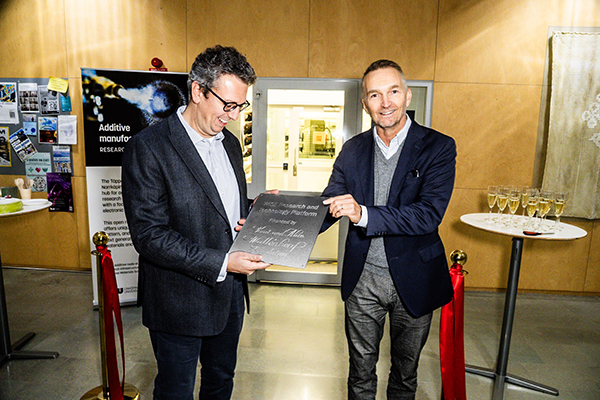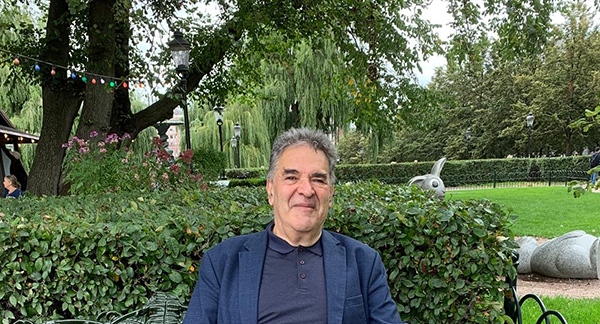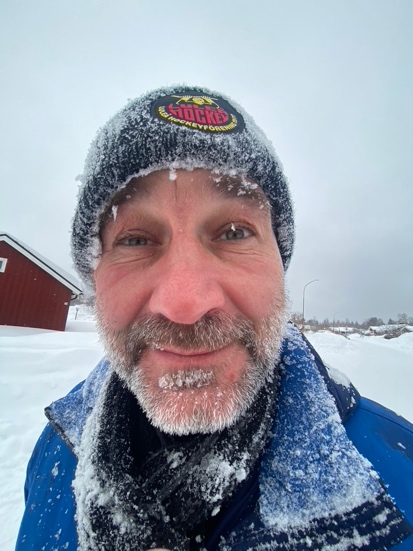We are excited to announce the seventh seminar in the Machine Learning Meets Materials Science series, a part of a WASP-WISE initiative designed to spark collaboration between two cutting-edge fields.
Hosted by WISE-affiliated researcher Maryna Pankratova (Uppsala University), this session features:
Each seminar in the series provides a unique platform for knowledge exchange, bridging machine learning and materials science to explore new possibilities at their intersection.
Don’t miss this chance to gain fresh perspectives, learn foundational concepts, and connect with leading researchers shaping the future of science and technology.
Date: November 26, 2025
Time: 10:00 AM – 11:00 AM (CET)
Location: Online via Zoom,
Join Zoom Meeting
https://uu-se.zoom.us/j/66972713817
Meeting ID: 669 7271 3817
Agenda
10:00 Qichen Xu, KTH Royal Institute of Technology. “From Automatic Differentiation to Barriers: Machine-Learning Infrastructure for Energy-Landscape Exploration”
Abstract: Energy barriers and transition pathways are central to understanding how complex materials evolve between metastable states. In this talk, I will show how basic ingredients of modern machine learning: automatic differentiation and gradient-based optimization, can be used to systematically explore potential-energy landscapes in atomistic spin systems. By formulating the spin Hamiltonian as a fully differentiable model, we construct local networks of saddles and minima around a given state without prescribing endpoints or relying on random initial guesses. Applied to skyrmionic systems, this approach recovers known transition routes and reveals additional pathways between topological spin textures that are difficult to access with standard techniques.
10.30 Pedro Zuidberg dos Martires, Örebro University. “Tensor Networks as a Gateway to Tractable Probabilistic Modeling”
Abstract: High-dimensional systems in condensed matter physics are often described through energy landscapes, partition functions, and variational approximations, with similar computational challenges appearing in machine learning when modeling complex probability distributions. In this talk, I will begin by introducing tensor networks, a class of models originating in physics and often used to model high-dimensional correlated systems by exploiting low-rank structure. I will then show how these models relate to probabilistic circuits, which originate in the machine learning community, where they are used to model probabilistic phenomena. I will continue with introducing positive unital circuits (PUnCs), a quantum-inspired generalization of probabilistic circuits constructed via Kraus operators and quantum channels. The goal of the talk is to build a conceptual bridge between tensor networks in physics and tractable probabilistic modeling in machine learning.
Welcome!
